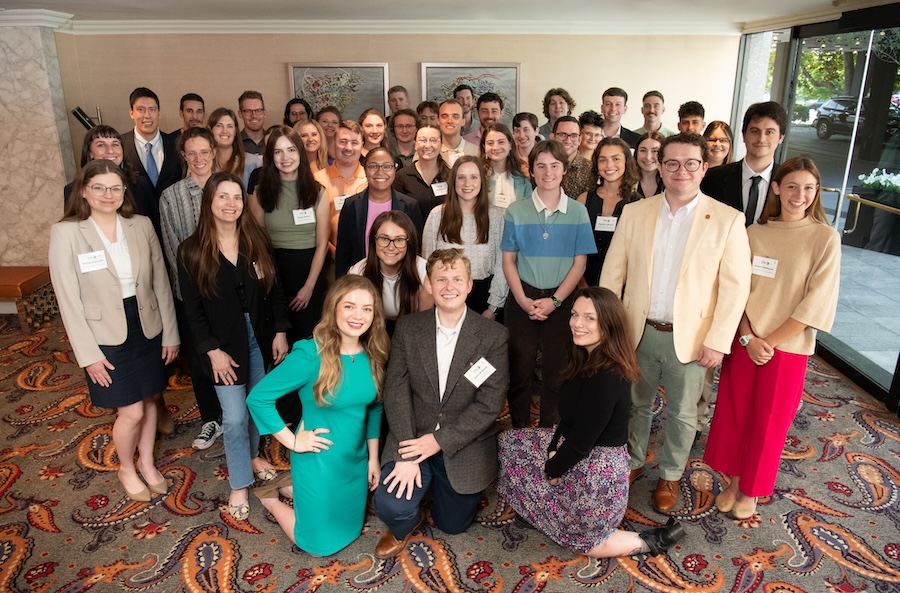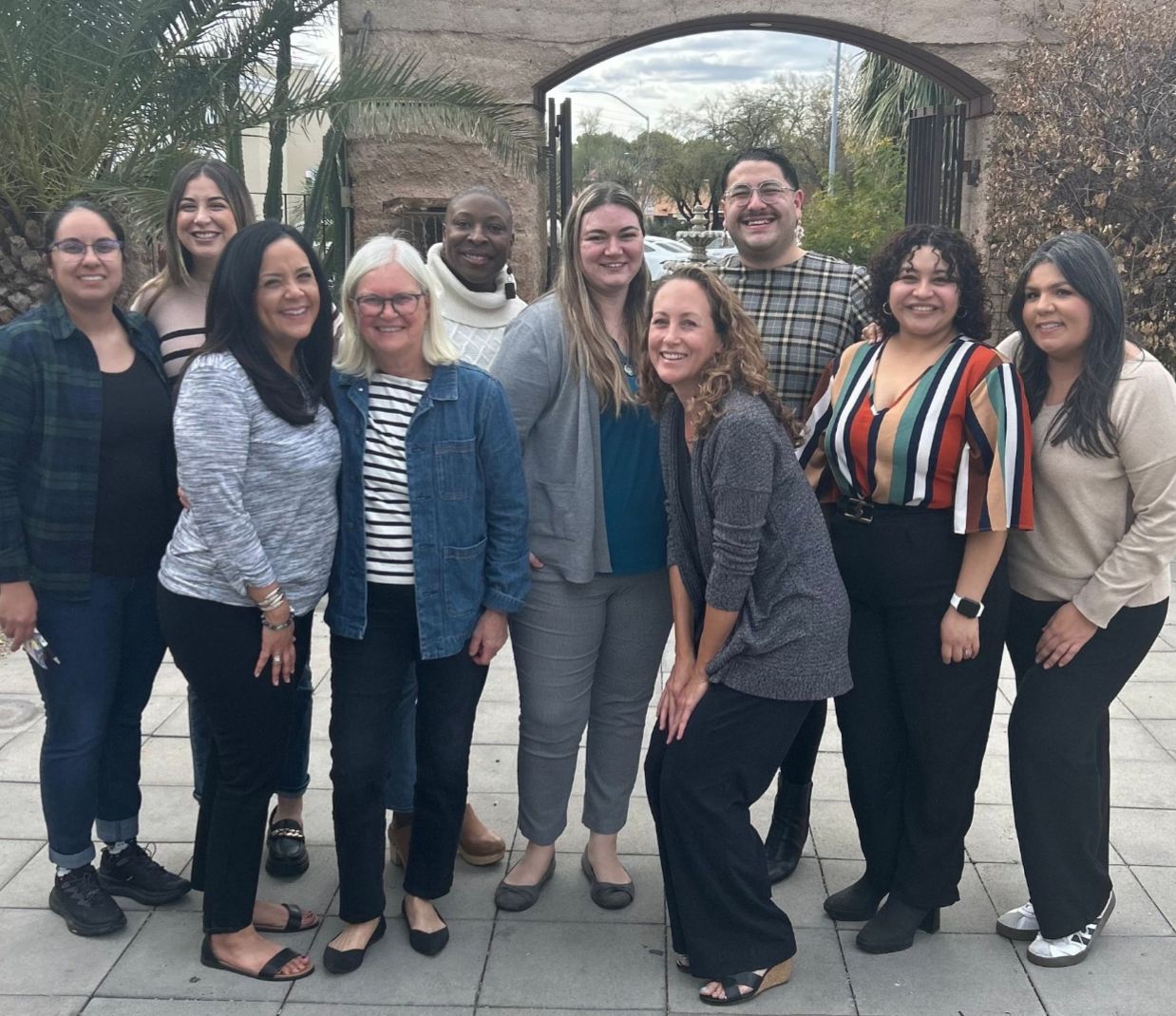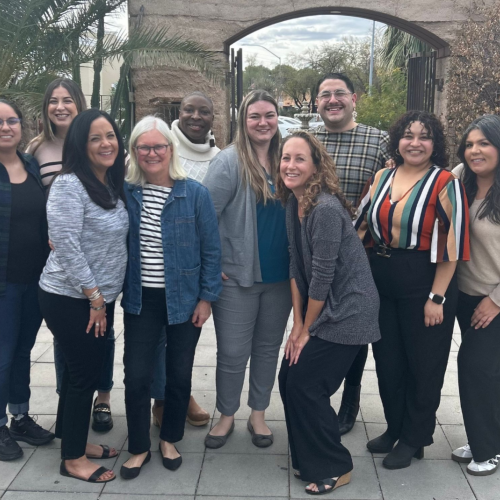Model Practices & Innovations
LSC's Model Practices & Innovations page offers numerous resources on providing and managing legal services, legal aid technology, and strategic planning.
Explore new MPI resources and articles on legal aid topics like technology, management, bridging the digital divide, evictions, and more!

Legal Aid Chicago: Moving Health Forward with Medical-Legal Partnerships
Learn how Legal Aid Chicago developed a comprehensive care framework to guide health care practitioners in identifying potential civil legal issues.

Shaping Future Lawyers: Rural Summer Legal Corps Fellows Share Their Experience
In this project brief, hear from three former Rural Summer Legal Corps Fellows who share how the Fellowship shaped their understanding of the legal aid field and influenced their career trajectories.

Participating in Community Justice Work: An Overview for Legal Aid Organizations
In this infographic, learn how LSC grantees can become involved in Innovation for Justice's community justice worker initiatives.

Simplifying Cybersecurity: LSC’s Free Training Plan
Discover the significant advantages that the LSC Cybersecurity Training Initiative offers grantees with its free cybersecurity training plan.

Serving Rural Veterans: Pine Tree Legal Assistance’s Veteran Medical-Legal Partnership Model
In this case study, learn how Pine Tree Legal Assistance pioneered an innovative medical-legal partnership with the veteran healthcare system in Maine.

Legal Aid Society of Middle Tennessee and the Cumberlands: Clearing Records with ExpungeMate
In this project brief, learn how the Legal Aid Society of Middle Tennessee and the Cumberlands developed and implemented ExpungeMate to quickly and efficiently process criminal record expungement requests.
Learn More about Model Practices and Innovations
-
Plan Strategically
-
Provide Legal Services
-
Management
-
Technology
-
MPI Newsletters
-
MPI Resource Archive
Strategic planning is especially critical in times of limited resources when the demand for service continues to rise. Strategic planning starts with an assessment of the most pressing legal needs and covers internal management, organization mission growth, and relations with your local community.
Learn how to:
- Conduct needs assessments and set priorities
- Develop and implement strategic plans
- Evaluate your organization's effectiveness and make adjustments
Legal aid organizations should treat those seeking assistance and clients accepted for services with dignity and compassion. Effective representation begins with a relationship of mutual trust and respect. Everyone at your legal aid organization should continually strive to maximize the effectiveness of legal services and achieve meaningful and lasting results on behalf of clients.
Learn how to:
- Provide client access and conduct intake
- Engage diverse populations
- Provide language access
- Represent clients effectively
- Manage and supervise legal work
- Engage volunteers
- Assist unrepresented people in your community
A well-run legal aid organization is governed by a committed and involved board of directors that exercises independent judgment in carrying out its fiduciary responsibility to the organization. Key leadership, starting with the executive director, sets the tone for excellence by establishing a shared vision and mission and managing efficiently and effectively so that resources are preserved and allocated to achieve the greatest impact in the community.
Learn how to:
- Achieve effective board governance
- Lead effectively
- Manage and administer the organization
- Use technology
- Establish responsible financial management
- Communicate effectively internally and externally
- Continue to grow resources
The use of technology in legal aid programs is constantly evolving in ways that increase efficiency and enhance service delivery for LSC grantees. The Best Practices Corner’s technology resources are designed to help grantees understand the current state of technology in legal aid offices, plan for future developments, and review successful projects and systems.
Find previously released editions of the MPI Quarterly Newsletter here.
Visit this webpage to access resources shared by LSC grantees on topics such as needs assessments, strategic plans, technology solutions, and more.

Training & Technical Assistance Team
The Office of Program Performance




